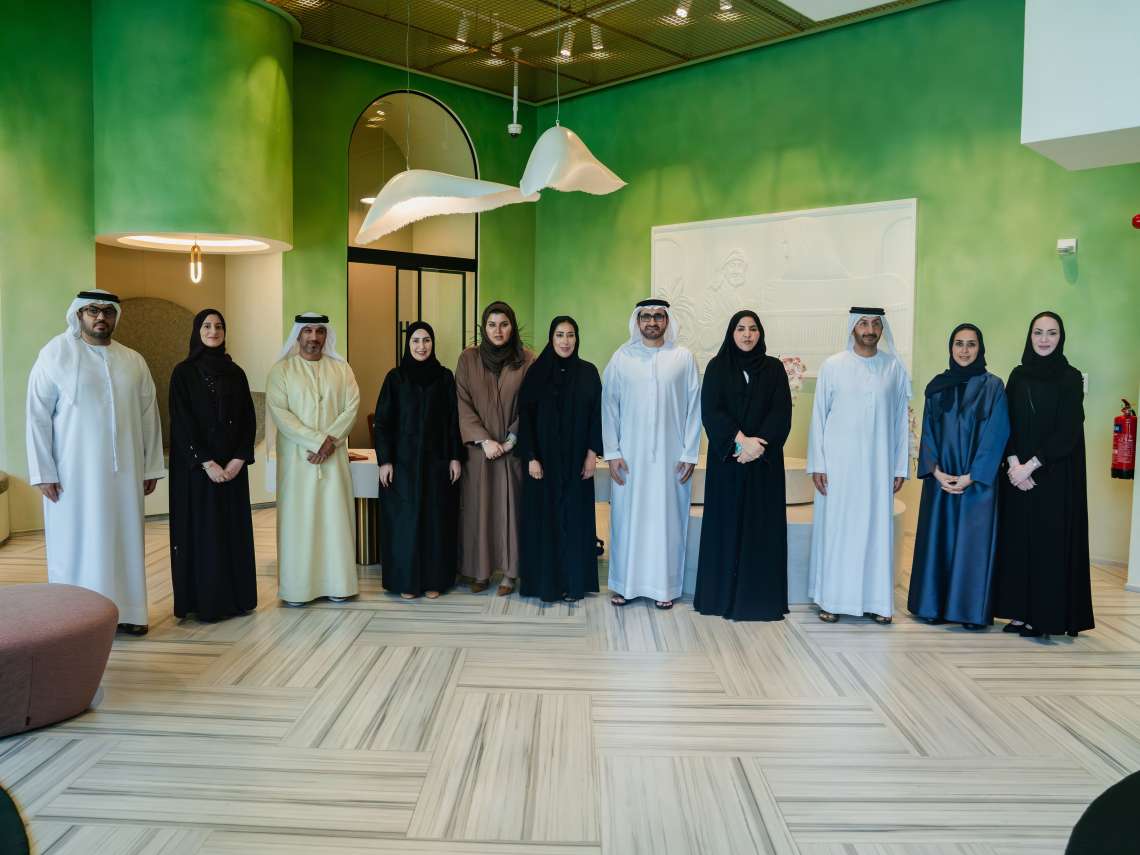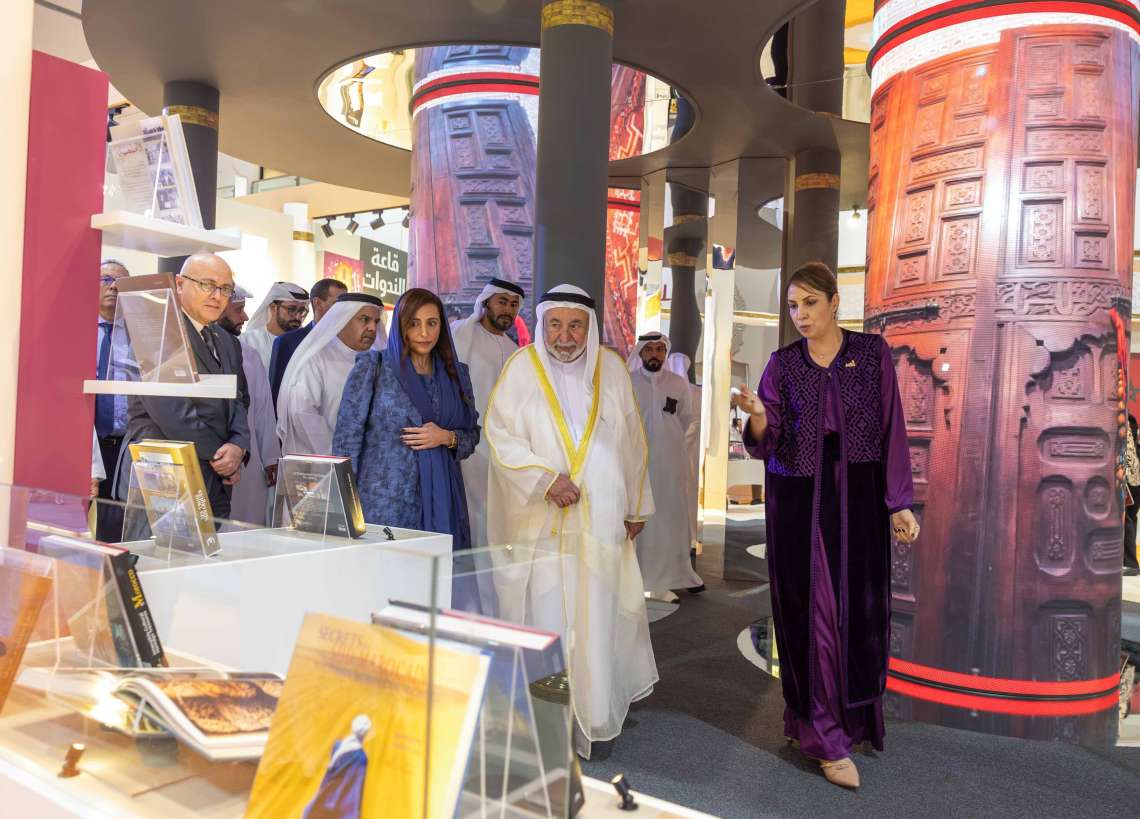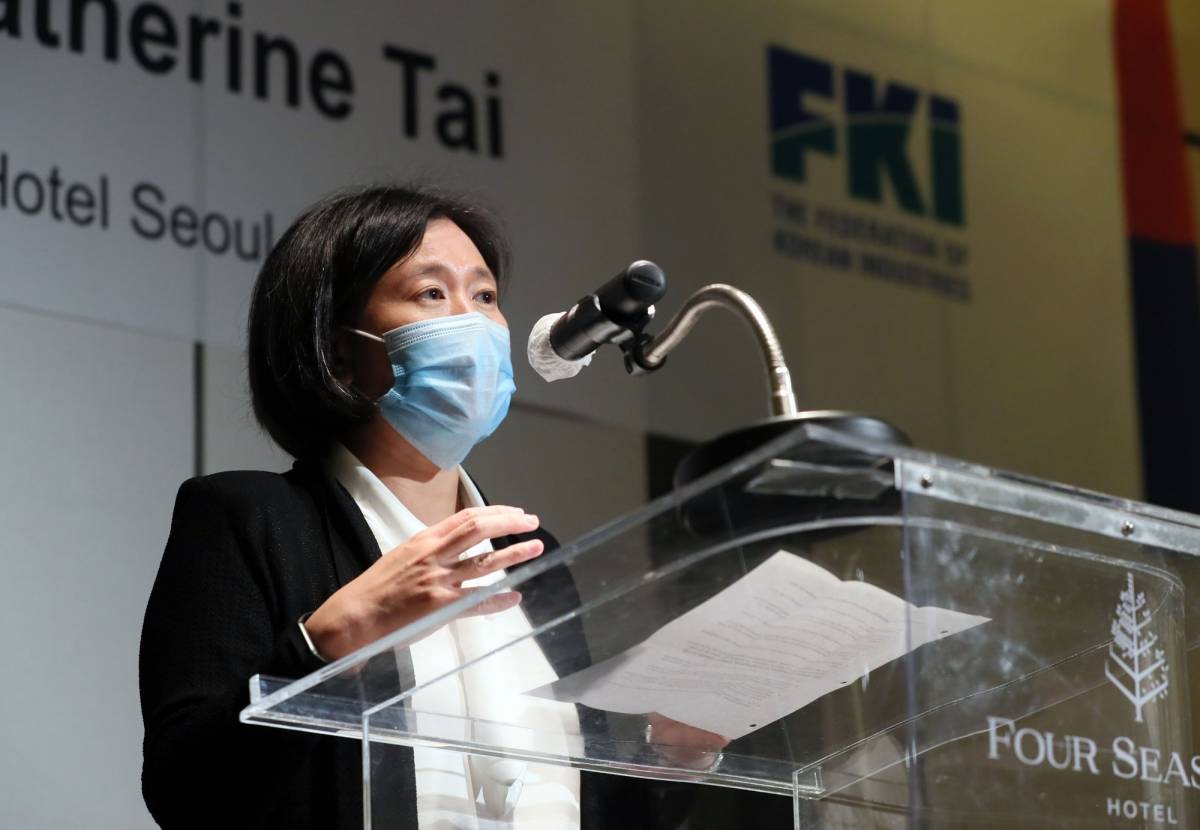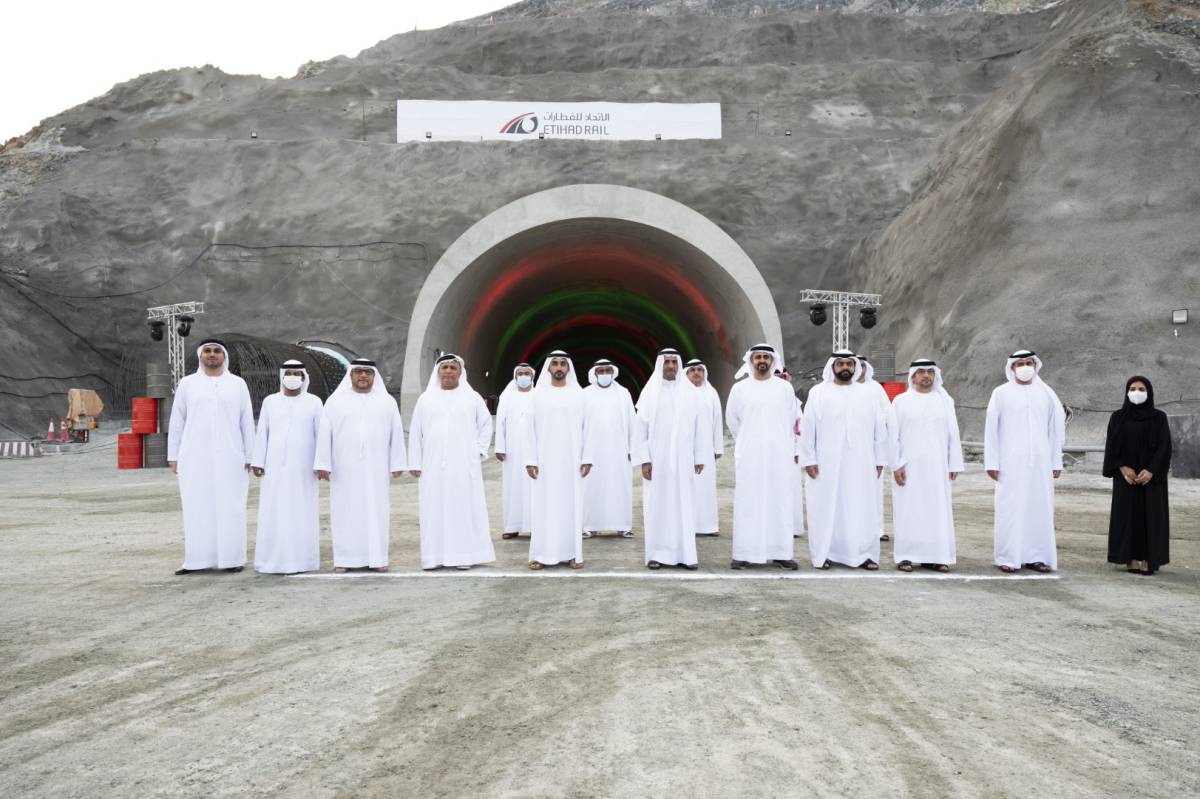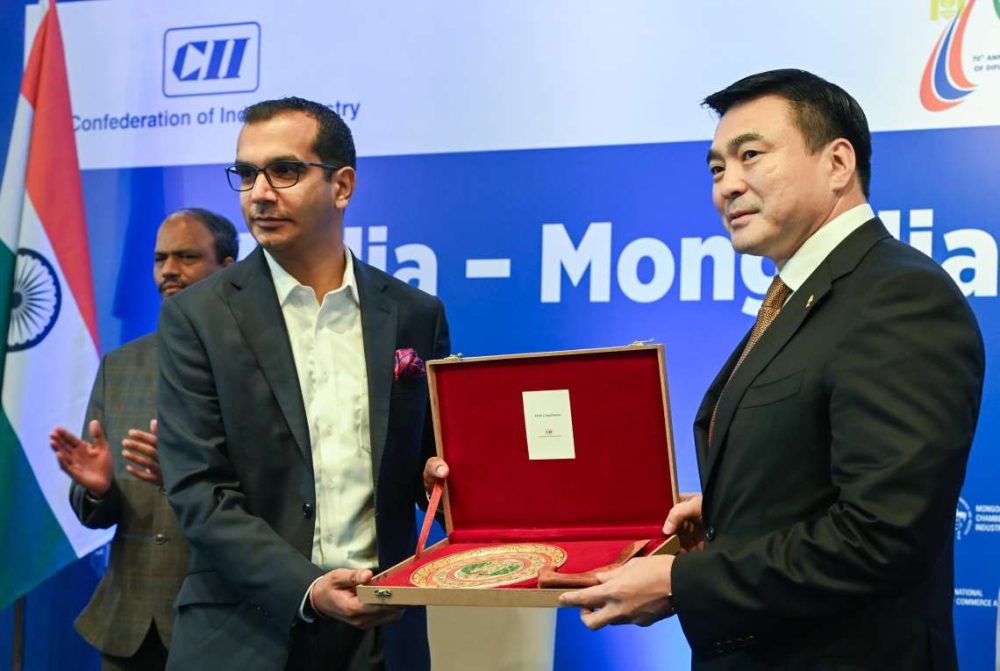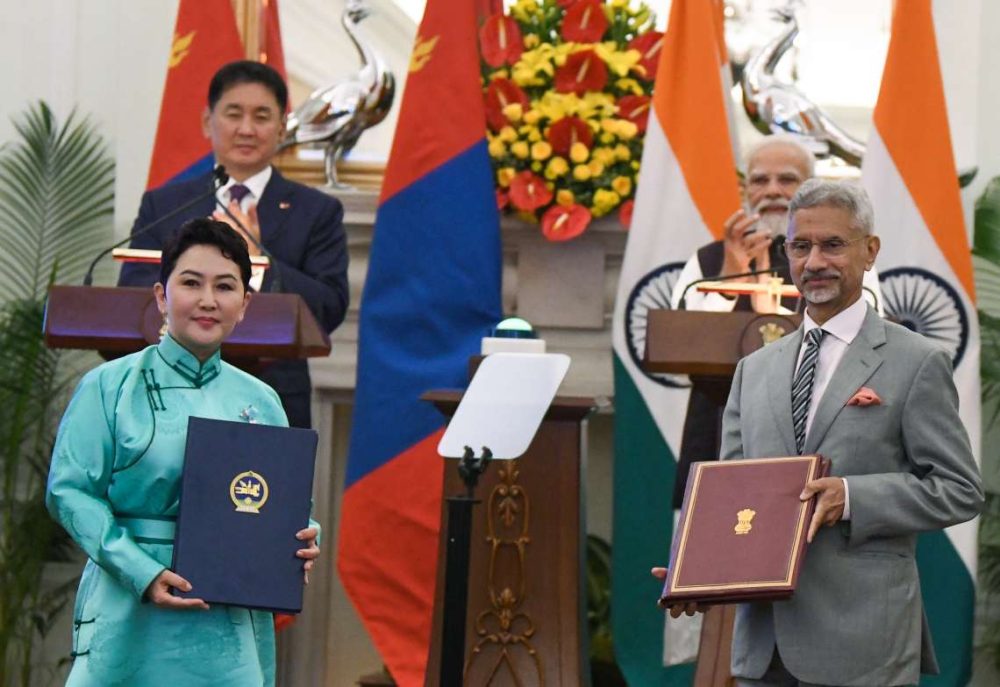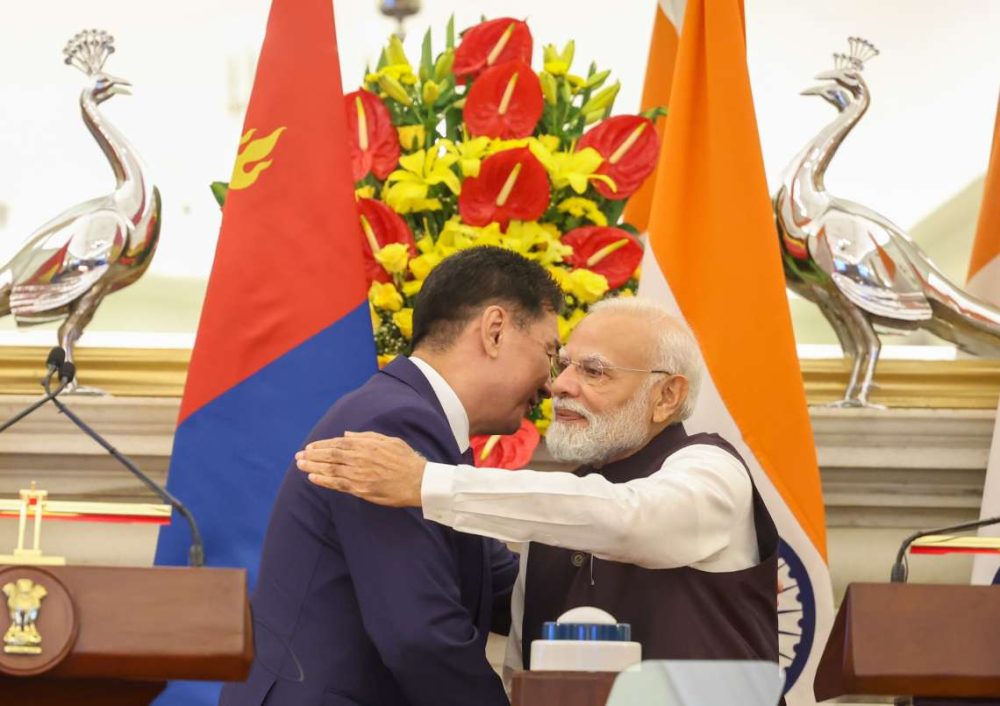The UAE is continuing its rapid progress in the United Nations Development Programme Gender Inequality Index, rising eight places in 2020…reports Asian Lite News
The Federal Competitiveness and Statistics Centre (FCSC) has announced that the UAE was ranked first in nine international competitiveness indexes related to the progress achieved for Goal 5 of the Sustainable Development Goals 2021, which is gender balance.
The UAE is continuing its rapid progress in the United Nations Development Programme Gender Inequality Index, rising eight places in 2020.
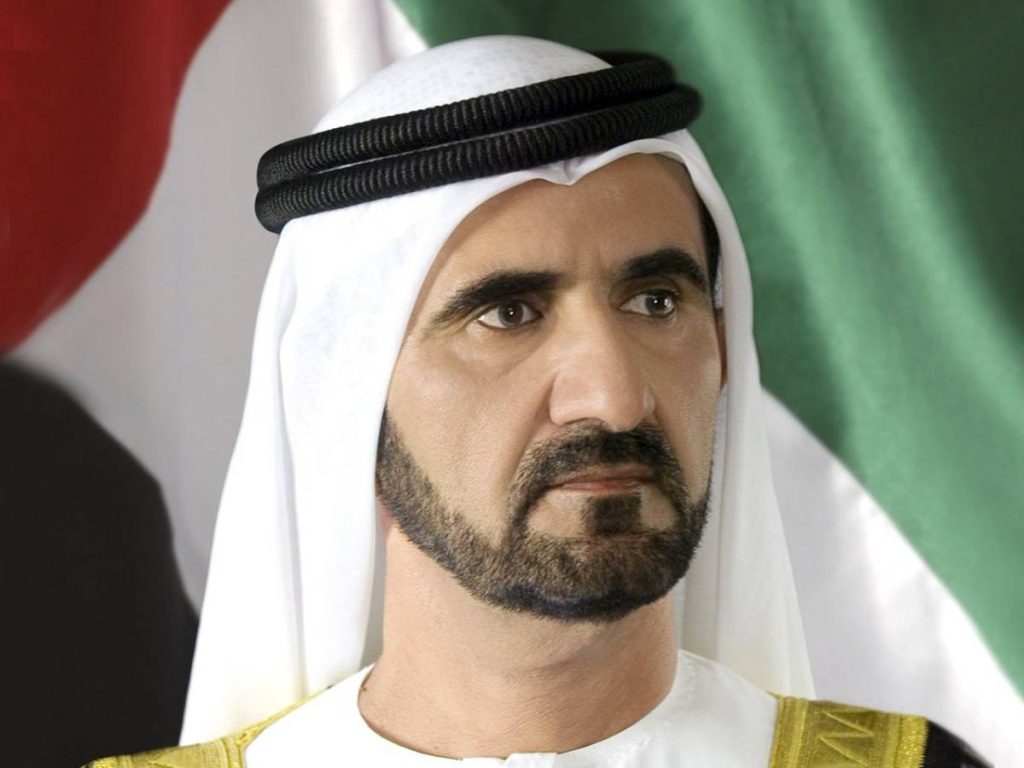
The Federal Competitiveness and Statistics Centre stressed that the UAE was ranked first globally in the Women in Parliament Index, the Anti-Sexual and Gender Discrimination in the Workplace Index, the Presence of Legislation and Addressing Harassment in the Workplace Index, the Presence of Domestic Violence Legislation Index, the Presence of Paid Paternity Leave Index, the Prohibition of Dismissing Pregnant Women from Workplaces Index, Legally Empowering Women to Register for Businesses like Men Index, and the Presence of Maternity Leave Index.
The Federal Competitiveness and Statistics Centre also pointed out that the UAE was ranked first in the nine indexes in international publications, which included the IMD Competitiveness Yearbook, and the Women, Business and the Law Report by the World Bank, in addition to being ranked ninth globally in the Women’s Leadership Opportunities Index of the Global Talent Competitiveness Index issued by INSEAD.
The UAE recently expanded its global stature in achieving gender balance by drafting several laws, initiatives and policies that support the position of women as partners in the process of national sustainable development.
In 2019, President His Highness Sheikh Khalifa bin Zayed Al Nahyan issued Resolution No.1 for 2019 to raise women’s representation quota in the FNC to 50 percent.
The FNC, which has achieved its gender balance goals, is considered a positive model and encourages related efforts in the public and private sectors, and the community.
President His Highness Sheikh Khalifa issued a draft federal law in August 2020 aimed at amending some of the provisions of the labour law, which will allow working men and women in the private sector to have paid leave for 5 working days.
The National Sustainable Development Goals Committee also issued a number of pioneering initiatives, including the formation of the Global Sustainable Development Goals Council responsible for achieving Goal 5, and headed by Mona Ghanim Al Marri, Vice President of the UAE Gender Balance Council.
The council monitors the implementation of the initiative launched under the first edition of the Guidelines to the Best Gender Balance Global Practice, which is an international online tool that provides access to successful gender balance policies, legislation and initiatives in various areas.
ALSO READ: UAE reiterates support for UNESCO’s programmes
The UAE Gender Balance Council published the “Gender Balance Guidelines: Practical Steps for Establishments in the UAE,” which is the first publication of its kind in the world to support gender balance in workplaces, representing a key reference for public and private sector authorities in closing the gender gap, supporting the UAE Vision 2021, and achieving the Sustainable Development Goals 2030.
The guidelines are also tools for reinforcing gender balance in workplaces, by establishing the criteria and steps that must be be taken to achieve gender balance, in line with relevant domestic laws and the National Gender Balance Initiative, which will help achieve the gender balance goal adopted by His Highness Sheikh Mohammed bin Rashid Al Maktoum, Vice President, Prime Minister and Ruler of Dubai, upon the establishment of the UAE Gender Balance Council in 2015, which ranks first in the UNDP Gender Equality Index by 2021.




